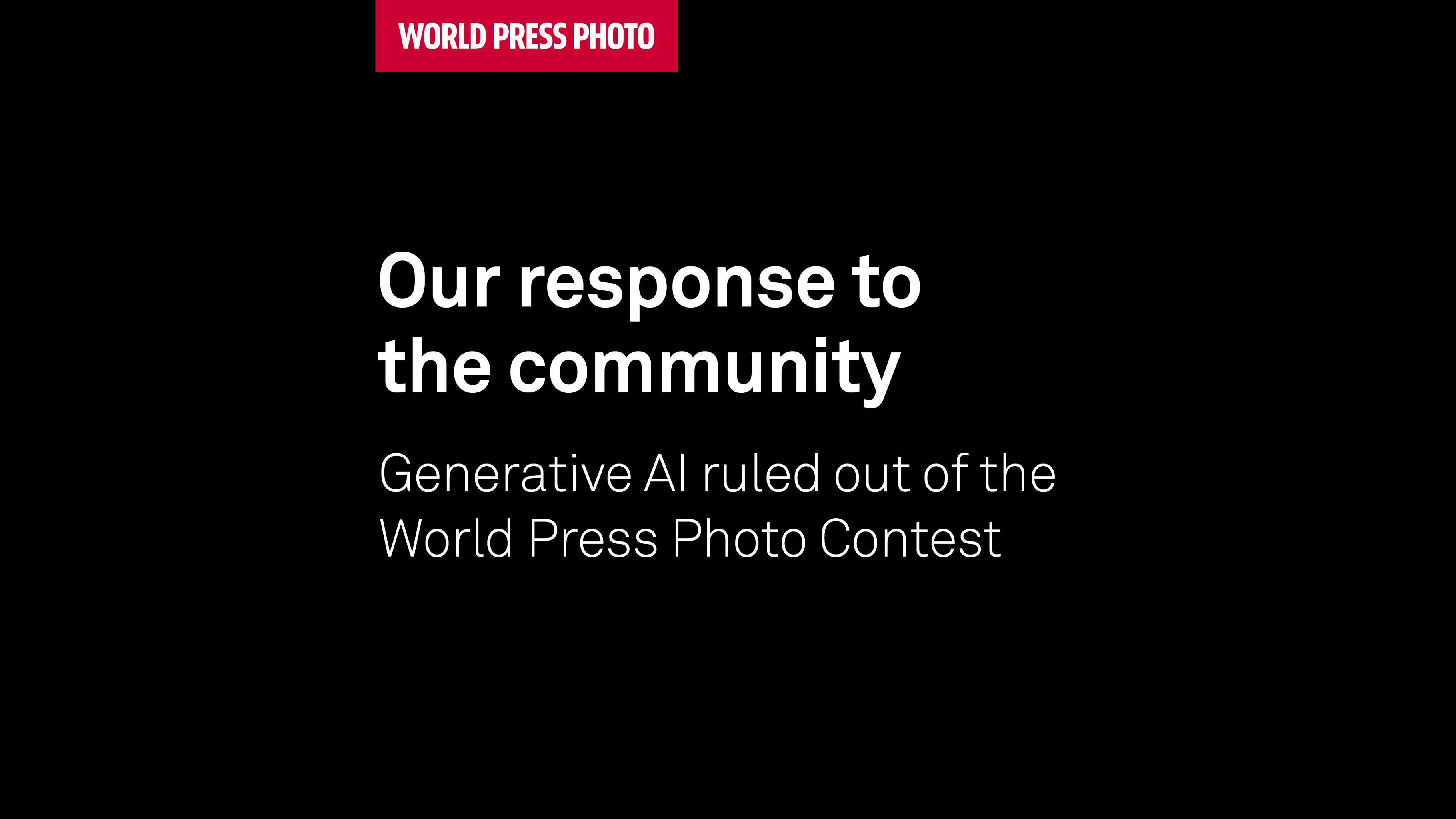
Artificial Intelligence, or AI for short, has become the buzzword in recent months, used to describe smart programs, apps and software that aim to make our lives easier. While writers and journalists like myself face the threat of being replaced by programs such as ChatGPT, photographers aren't safe either - with programs like Photoshop CC's Generative Fill feature being able to cleverly add elements and extend pictures almost seamlessly, while the best AI image generators such as Midjourney, DALL-E and Bing's Image Creator all use AI capable of creating realistic digital images from scratch based on prompts. How these programs are trained and the photos used for its source material has also been a controversial and ethical issue lately too with programs and laws to regulate them still in their infancy.
It all started when World Press Photo Award intended to allow images enhanced by generative artificial intelligence in its Open Format category to much uproar amongst photographers and photojournalists alike.
Daniel Etter, a Pulitzer Prize-winning photographer and prior third place contestant in a previous World Press Photo, award wrote a letter expressing his concerns which was quickly backed by over 100 established photographers including past World Press Photo winners including Don McCullin, Ivor Prickett, Nanna Heitmann, David Burnett and John More.
In his letter, he went on to say "The World Press Photo has defined ethical standards that are crucial to uphold the integrity of our work. In times of viral disinformation, these standards are now more critical than ever. We need to defend them vigorously."
Tamas van Houtryve was the runner-up in the 2015 WPP contest and asked to be a signatory immediately. He said, "It's a competition in documentary photography. This sort of thing that's not World Press Image: AI does not take photographs. We need clear guidelines to differentiate an AI-generated image from a photo; there must be absolutely no ambiguity. With this decision, our credibility as documentary photographers is lost."
Met with fierce opposition from photojournalists, the management running the prestigious photography competition has been forced to change tact. In a statement put out on Facebook November 21, Joumana El Zein Khoury, executive director, World Press Photo said the following:
"We have heard from many of you in the photojournalism and documentary photography community over the last few days. To everyone who shared their honest and thoughtful feedback on our last posts, thank you.
"In response to this, we have decided to change the rules of the 2024 World Press Photo Contest Open Format category to exclude AI-generated images. Both generative fill and fully generated images will be prohibited in the Open Format category, as already is the case in the other categories (Singles, Stories and Long-Term Projects). We will update the official rules on our website in the coming days.
“As photographers, you help people understand our shared world, which has never been more important. This work is fundamentally human, difficult, and often done at great personal risk.
We are fully committed to supporting photojournalists and documentary photographers and bringing your stories to as many as we can. I am thankful for all your thoughts and messages. Open dialogue is crucial to navigating this changing landscape together.”
It's hard to see this outcome as anything other than a win for photographers, especially documentary and photojournalists that depend on recording a 'true' snapshot of the real world.
As somebody who judges photography competitions regularly, I would like to see the law change so that it is mandatory for the history and origin of an image to be stated in the metadata. I also think specific AI-generated photo contests could be held so that artists experimenting with the new medium aren't completely left out.
Ever since Photoshop CS3 launched way back in 2007 we've been using tools like the Clone Stamp and Spot Healing Brush to digitally enhance pictures, whether that's removing or moving elements around the scene or extending the frame. Is AI any different? Not really, but it does lower the bar to entry and make it much more accessible for the wider general public to pull off what would be in the past quite difficult edits and require a degree of skill. Whatever your stance on AI, one thing is for sure: how it affects photography in the future is surely going to be interesting!
Want to know more about artificial intelligence? Read more about How AI changed photography forever.







